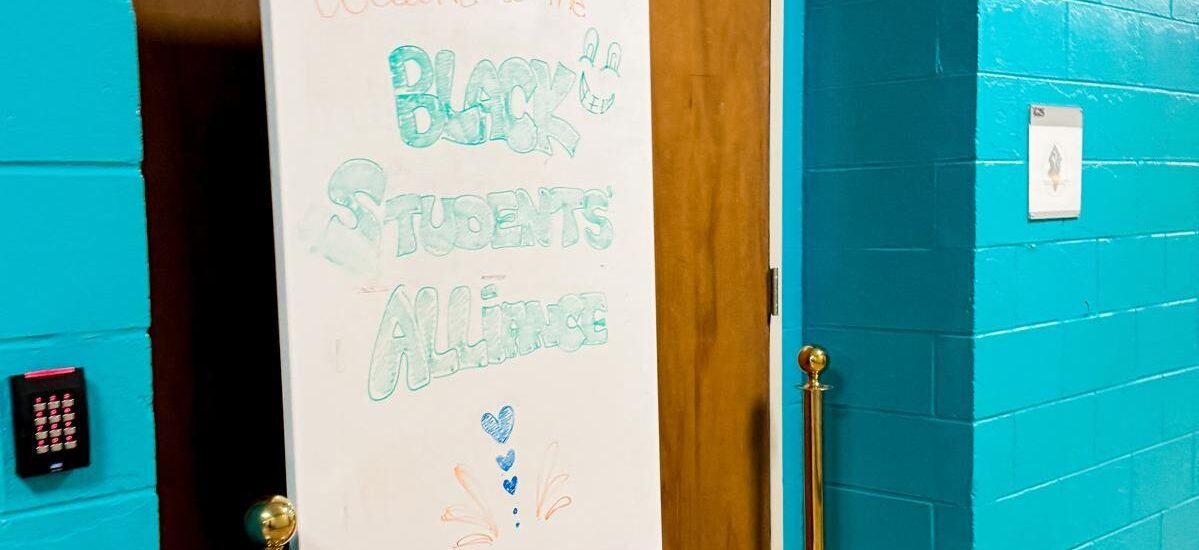


A few days ago, I stumbled upon a heated online conversation that left me unusually reflective.
The conversation has been ongoing for the past 3 days, and it centered around the Zulu parade in New Orleans, a tradition where parade participants historically painted their faces black — an act that, on the surface, evokes painful memories of minstrelsy and caricature. Yet in this context, African Americans insisted it was a cultural homage, a reclaiming of black identity. Across the ocean, however, some South Africans from the Zulu nation expressed hurt and confusion: how could their sacred name be tied to blackface?
Reading the comments unfold over the past few days, I have taken some time to sit with a strange heaviness.
Here are two communities — Africans and African Americans — bound by race yet separated by oceans of history, colonial violence, and cultural evolution. I thought about my own early education: how my first real conversations about race and slavery came not from Black teachers, but from a white man during my work with the United Nations at a conference in Torino, Italy.
The layers of identity, history, and disconnection have always been complicated — and they still are.
Today, I was invited as one of the speakers in IAH 205: Africa and the World at Michigan State University. It felt like a full-circle moment: being asked to reflect not just academically and professionally, but personally, about these very tensions and possibilities. Sitting in that room, in dialogue with peers I quite deeply respect, I realized that the questions I grapple with privately are the same ones that sit at the heart of our collective learning.
How do we tell Africa’s story — truthfully, unapologetically, and with agency?
Is Africa truly rising, or are we simply watching a more polished version of the same old extractive capitalism?
How do young Africans — myself included — imagine futures that honor both tradition and innovation?
There is no doubt that Africa needs new narratives.
For too long, the African continent has been framed through lenses of poverty, war, and dependency, robbing Africans of dignity and agency in the global imagination — an Africa that is poor and dying. In this context, the “Africa Rising” narrative is not just welcome — it is necessary. It offers a counter-story of resilience, creativity, and growth, reminding the world, and Africans themselves, that Africa is not a problem to solve but a force to be reckoned with. We must reclaim pride, celebrate progress, and nurture the belief that better futures are possible — and already in motion.
Yet it is precisely because the narrative is so important that we must be vigilant about how it is used. “Africa Rising” must not become a slogan that papers over deep systemic inequalities, external dependencies, and the unfinished business of true liberation. Growth statistics, gleaming skyscrapers, and isolated tech hubs cannot substitute for genuine, widespread empowerment. We must hold governments, institutions, and ourselves accountable: true rising must be structural, people-centered, and inclusive, not just market-driven or cosmetic.
I believe Africa’s story must be rewritten by Africans — grounded in cultural pride, Ubuntu philosophy, and a critical reimagining of success on our own terms. We need narratives that inspire hope and ambition, but we must pair them with honest self-reflection and a refusal to accept half-measures. “Africa Rising” is not a myth — it is a movement in the making. But for it to endure and be meaningful, it must be rooted in truth, inclusion, and the lived realities of all Africans, not just a privileged few.
Another key theme today was the idea of African agency: reclaiming and re-centering African ways of knowing, African histories, and African languages.
For centuries, Africa’s intellectual traditions have been overshadowed or erased by colonial education systems. To genuinely rise, we must not only modernize but decolonize — shifting from dependency on Western frameworks to embracing indigenous philosophies like Ubuntu, which emphasizes community, interconnection, and collective flourishing.
Education, therefore, must go beyond merely preparing Africans for global labor markets. It must also instill a sense of pride, critical consciousness, and commitment to building futures on African terms.
One of the most moving parts of today’s discussions was the focus on youth agency. We asked:
Africa’s youth are often portrayed as a “ticking time bomb” or a “demographic dividend” — but we are neither crisis nor commodity. We are architects of new possibilities, capable of imagining worlds that our ancestors might only have dreamed of.
Still, we must confront the intergenerational divides that sometimes limit youth agency. Many of us find ourselves pushing against outdated systems while also trying to honor the sacrifices of the generations before us. It is a delicate dance — one that requires both reverence and rebellion.
Today for me reinforced that Africa can and must not be understood through a single narrative. It is vast, complex, and internally diverse. Just as African Americans and Africans may experience blackness differently, Africans themselves experience “Africanness” in infinitely varied ways depending on history, geography, language, and social context.
To move forward, we must create space for plurality, intersectionality, and critical dialogue — recognizing that no one story, no one identity, no one experience can speak for the whole.
Sitting in the classroom today, sharing my reflections and listening to others, I realized that this journey — of unlearning, relearning, and imagining — is ongoing. The questions we raised today will not be answered overnight. But perhaps the act of asking — genuinely, vulnerably, thoughtfully — is itself an act of resistance against simplistic narratives and inherited biases.
I am grateful for the invitation to speak today, but even more grateful for the opportunity to listen, to reflect, and to build a more honest and hopeful vision of Africa and its futures.
The work continues — both in classrooms and beyond.
With Anticipation for What is Ahead,
Ntha